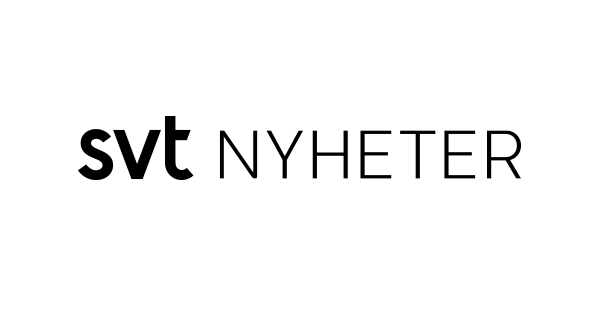At the Institute of Language and Folk Memories in Uppsala, there are just over seven million word cards from different dialects, and the oldest data is from the 17th century. These will now be read, and a selection of them will be entered into the new dialect lexicon that will be digital.
For more than a hundred years, dialect words have been collected, initially with the aim of creating an all-encompassing dictionary of Swedish dialects. However, due to a lack of resources, the direction was changed in the early 2000s. The plan now is to gather the most relevant words from the Swedish dialects into a simpler dictionary that is aimed at the public rather than linguists.
Picks the raisins from the cake- We actually pick the raisins out of the cake and bring the best words. The ones that are most interesting, says Annika Karlholm, dialectologist at the institute.
It is not possible to say how many dialects there are in Sweden because it is difficult to delimit when one dialect changes to another. On the other hand, it is possible to divide the dialects into different areas, such as southern Swedish dialects, where Skåne and Blekinge are found, or the northern ones, which extend from northern Hälsingland and upwards in the country. But it is also possible to break them down into even smaller components, such as the fact that those from Malmö speak Malmö. According to the Institute of Languages and Folk Memories, it is up to the speaker to decide which dialect he or she speaks.
Completed by 2027The dialectal differences were greatest during the 19th century and in the beginning of the 20th century, when people could often live their whole lives in the same place. In recent times, however, the boundaries have begun to blur as people travel more and more and mix with others.
In 2027, the aim is for the new Swedish dialect dictionary to be completed. In any case, the raw script, then it may take even longer for the final fine-tuning to be completed.
Annika Karlholm believes that through dialects you can see how Swedish places have developed and changed over the years.
- Each word adds a piece of the puzzle to the history of a neighborhood. That's what's interesting, I think. You can go very far back in time and see everything that has happened in that area through the language, she says.

